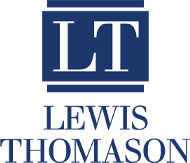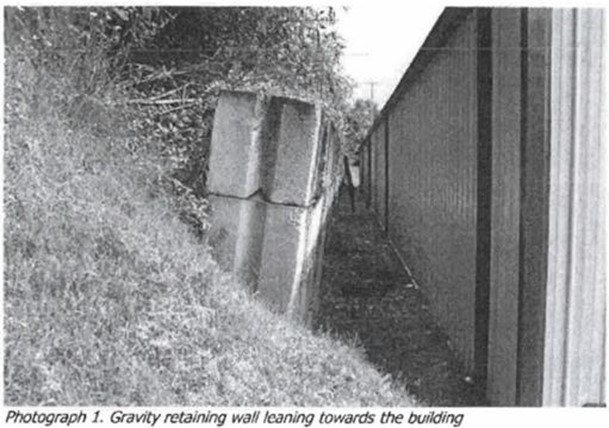Judgment upheld on appeal where subsequently discovered materials used to backfill retaining wall would not have altered Trial Court’s grant for summary judgment
In Lyon Roofing, Inc. v. Griffith, 2023 Tenn. App. LEXIS 232, *7 (Tenn. Ct. App. June 5, 2023), the City of Carmel, Tennessee was granted summary judgment based on an engineering expert’s undisputed opinion that the retaining wall in question was failing due to lateral earth pressure. The expert’s report stated that the retaining wall was backfilled with clay soil. However, the wall was evaluated using standards for both a gravel backfill and clay backfill and the wall’s condition “was not a result of the condition of the foundation.” Thus, the post-judgment discovery that the retaining wall was backfilled with crushed stone was insufficient grounds for relief.
James Griffith, the original defendant, contracted with Richards Construction to build a structure. Richardson then contracted with Lyon Roofing, the original plaintiff, to buy the proper materials.
Prior to contracting, Griffith had a retaining wall built behind where the store was to be constructed. The City’s building inspector expressed concerns to Griffith about the retaining wall because it was “pitched toward the street, away from the load.” The City requested that Griffith obtain an engineer’s report before construction of the building could begin. However, construction began without the report. The City then hired an engineer to inspect the wall who suggested that the City issue a stop work order.
The order was issued, prompting Lyon Roofing to file a Quantum Meruit claim against Griffith in Hawkins County General Sessions Court. A default judgment was entered against Griffith in January 2018, and Griffith appealed to the Hawkins County Circuit Court.
Griffith filed a third-party Complaint against the City and the City’s building inspector. He alleged that the City violated their duty of good faith and fair dealing, misused government resources, and was liable for the cost to repair the building. Griffith argued that the inspector had approved the plans for the retaining wall and had instructed him to use the wrong rock size, causing the wall to lean. Griffith further contended that the inspector was acting out of spite and only halted construction after much of the building was already complete. The inspector was later dismissed from the lawsuit due to qualified immunity.
The City then filed a motion for summary judgment contending that the inspector’s advice had only applied to the foundation for the retaining wall, not the approval of the plans for the wall itself. The City additionally hired an expert to evaluate the wall and execute a report on his findings. The expert concluded, among other things, that the wall was destined to collapse regardless of the materials used for the foundation because of excessive lateral earth pressure against the wall. The expert also found that the wall’s design and construction did not meet the requirements of the International Building Code and posed a safety hazard to the public. The City’s motion was granted.
In November of 2021, Griffith filed a Tenn. R. Civ. P. 60.2 relief motion based on a discovery which contradicted the engineer’s report. Griffith found that portions of the wall had been backfilled with stone rather than red clay as had been reported, and that the foundation shifted which further invalidated the report. Griffith argued that the Trial Court had relied on the faulty report in their grant of summary judgment, qualifying him for relief under Rule 60.02.
The City re-introduced their expert’s testimony which stated that the wall would have collapsed regardless of whether it was backfilled with stone or clay. The Trial Court found that even where Griffith’s assertions about the backfill were presumed true, the outcome would have been the same either way. Griffith did not provide sufficient evidence to the contrary, and his claim for relief under Rule 60.02 was denied. Griffith then appealed to the Tennessee Court of Appeals at Knoxville.
The issue on appeal was whether the Trial Court erred in denying Griffith relief under Tenn. R. Civ. P. 60.2 without providing him with the chance to present evidence. The Court of Appeals concluded, relying partially on the expert’s report, that the Trial Court did not err in their denial for relief because the grant of summary judgment would have been the same whether crushed stone or red clay were used to backfill the wall.
What’s the takeaway?
This case provides a reminder of the importance of consulting an engineer when issues are flagged before commencing construction to head off further problems. Beginning construction without necessary approvals from the authorities having jurisdiction may open a contracting party up to future litigation if the project is halted. Additionally, as a contractor, it is important to independently affirm that the project is sound before relying on an agreement to build.
Photo citation: Lyon Roofing, Inc. v. Griffith, 2023 Tenn. App. LEXIS 232, *7 (Tenn. Ct. App. 2023).





